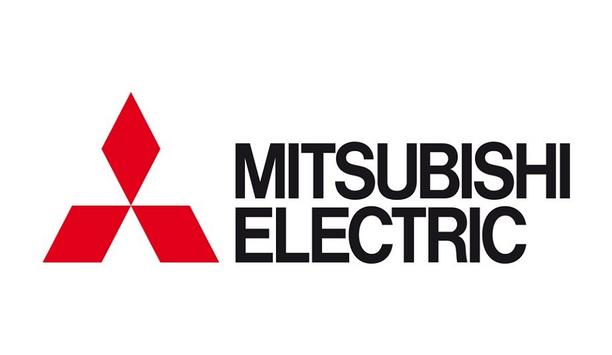Emerson has announced the introduction of its Copeland variable-speed reciprocating hermetic compressors for commercial refrigeration applications.
The new models are specifically engineered to save energy and provide performance improvements in a variety of demanding commercial refrigeration applications.
Stringent energy requirements
Original equipment manufacturers (OEMs) in the commercial refrigeration space have faced increasingly stringent energy requirements. Medium- and low-temperature stand-alone coolers and freezers, commonly used in restaurants, convenience stores (C-stores), and small-format food retailers, have been key targets of the Department of Energy’s (DOE) energy-efficiency standards.
The DOE will also soon be proposing its next phase-down in energy reductions for these applications
Additionally, targeted are units used in the life science market and for small industrial applications such as process chillers. The DOE will also soon be proposing its next phase-down in energy reductions for these applications, likely to take effect in 2024.
This means that OEMs are seeking a competitive edge by offering equipment that helps them achieve ENERGY STAR certification and delivers the energy-efficiency levels that will allow refrigeration units to meet upcoming DOE requirements.
component of the compressors
Copeland variable-speed reciprocating hermetic compressors for refrigeration are comprised of two components:
- Copeland variable-speed reciprocating hermetic compressor, available in ranges from 1/8 to 7/8 horsepower, which features a brushless permanent magnet motor, versus a standard induction motor.
- Copeland variable speed drive which has a smart controller integrated within it.
"The wide availability of operating ranges, combined with the breadth of the low-profile Copeland variable speed reciprocating hermetic compressor line, gives system design engineers options to select compressors that deliver optimum energy efficiency for equipment of varying types and sizes," said Derek Langenkamp, Hermetic Reciprocating Product Manager for Emerson’s cold chain business.
Variable speed capabilities with smart controls
Variable speed capabilities with smart controls can help deliver significant energy improvements
Variable speed capabilities with smart controls can help deliver significant energy and performance improvements that far exceed fixed capacity options.
While assisting customers in the redesign of their systems at Emerson’s test labs, they have increased system energy efficiency by 13 percent, reduced compressor cycling by 90 percent, and lowered compression ratios by 43 percent compared to a high-efficiency fixed-speed system using propane (R-290).
This means faster pulldowns to setpoint temperatures, more precise temperature holding, less wear and tear on system components and lower energy bills.
Utilizing natural refrigerant R-290
By utilizing the natural refrigerant R-290 with a low global warming potential (GWP) of 3, OEMs can offer their customers a more sustainable refrigeration option that meets some of the most stringent refrigerant and energy-efficiency regulations, including the potential impending 2024 DOE standard, California Air Resources Board standards, and potential Environmental Protection Agency refrigeration requirements.





















